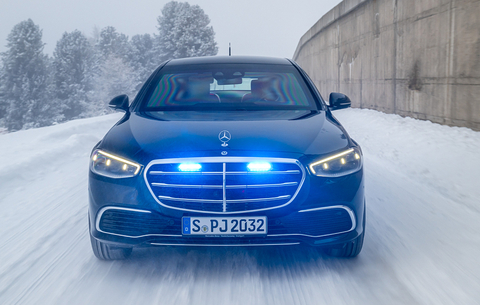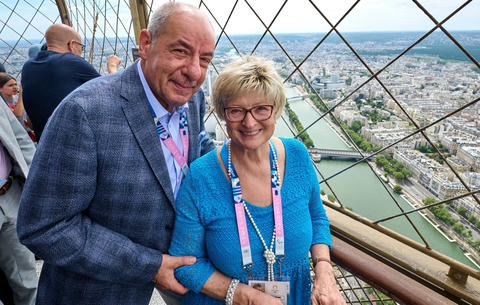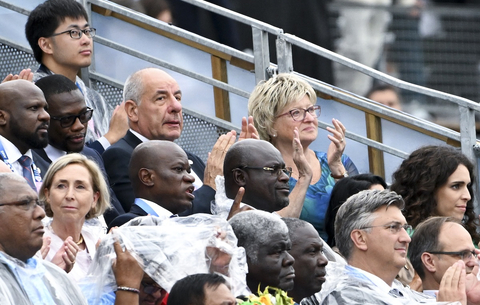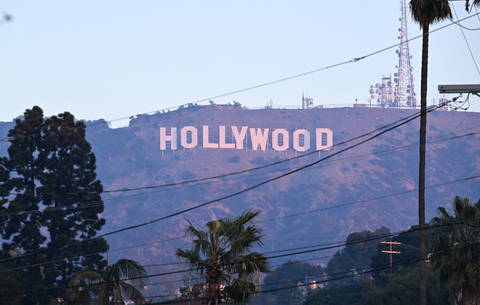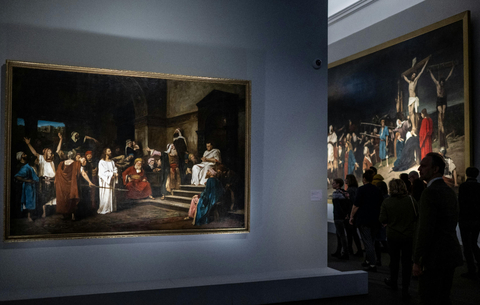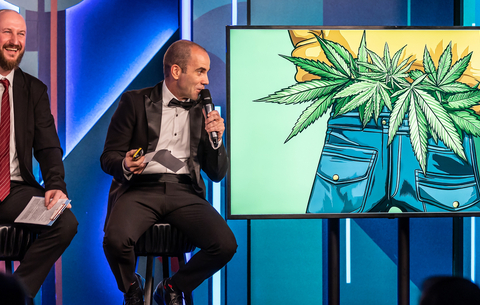Bolshevik-dogs and the democratic bacon
If we are to believe the old adage that "Bolshevik dogs don't turn into democratic bacon," then we're depriving democracy of so much bacon that it would die of hunger. But people who profess to believe it aren't serious, because they would not be happy without their ex-Bolshevik dogs. Opposing the honour awarded to Gyula Horn because of his past is a very weak argument. You can't deny everybody an honour for serving a democratic republic just because they also excelled in their service to a dictatorship.
There's another reason. A much better one. The question is not whether it is possible in 2007 to award a medal to somebody who was a communist attack dog 50 years ago, but whether a medal can go 50 years later to somebody who continues to claim, "I defended the legal order in my counter-revolutionary battalion." What kind of relationship to democratic values can somebody have if they think the repression conducted in defence of a dictatorship following the 1956 revolution can be dignified with the term 'legal order'? At the very least, it's special pleading. Certainly not a model to be followed. Yet the message a state medal sends is that its bearer is a democrat to be admired and emulated. Decorate a pianist by all means, even if he was a Stalinist. But Gyula Horn is not a pianist.
In his interview with Die Welt, he said: "Communism helped us live a normal life back then. But that's the past. We grew out of communism, as out of clothes that are too small for us." Dictatorship is good, then, so long as it suits us. This isn't about a choice of values, but a choice of size. If it turns out that we've grown out of democracy as well, or human rights perhaps, then we can throw them away as well.
You could argue that when it comes to medals, not just the distant past is irrelevant, but the present, too. Values and attitudes don't count, only deeds. But then you must at least bear in mind what others might think of the medal's message. Everyone knows Laszlo Solyom disagreed, since he made a statement. "We cannot pass over this statement in silence, for fear it will be taken as a sign of agreement."
The Constitutional Court will eventually rule on whether the President can be forced to decorate somebody whom he does not believe worthy of the honour. But whether he can be forced or not, the honour itself is not a good thing.
Laszlo Solyom's Constitutional Court took a restrictive view of the rights of the President of the Republic. But this interpretation related to decisions that influenced the wielding of executive power. It is right for the President to be weak in this respect, for him not to have the right to decide how the prime minister should govern the country, and who should help him. But this makes his symbolic role all the more important, since he reflects the values of the Republic in his gestures and symbols. This provides a guide. Awarding a medal is a symbolic act. The President is not obstructing the prime minister in his governance of the country if he refuses to make a gesture that he dose not wish to. The issue should not be forced. The prime minister can find his own way of expressing his admiration for Horn, even without the President's cooperation.
SÁNDOR RÉVÉSZ
The author is a journalist.
English version
hvg.hu
2007. június. 12. 09:55
Reloaded
English version
hvg.hu
2007. június. 26. 10:22
Foundations in the firing line
English version
hvg.hu
2007. június. 29. 13:04
After hitting rock bottom
English version
hvg.hu
2007. június. 29. 13:00
The Cattani Group
English version
2007. június. 12. 09:51
Albert Takács
English version
hvg.hu
2007. június. 26. 11:12
The Cave Hospital at Buda
English version
hvg.hu
2007. június. 29. 13:02
